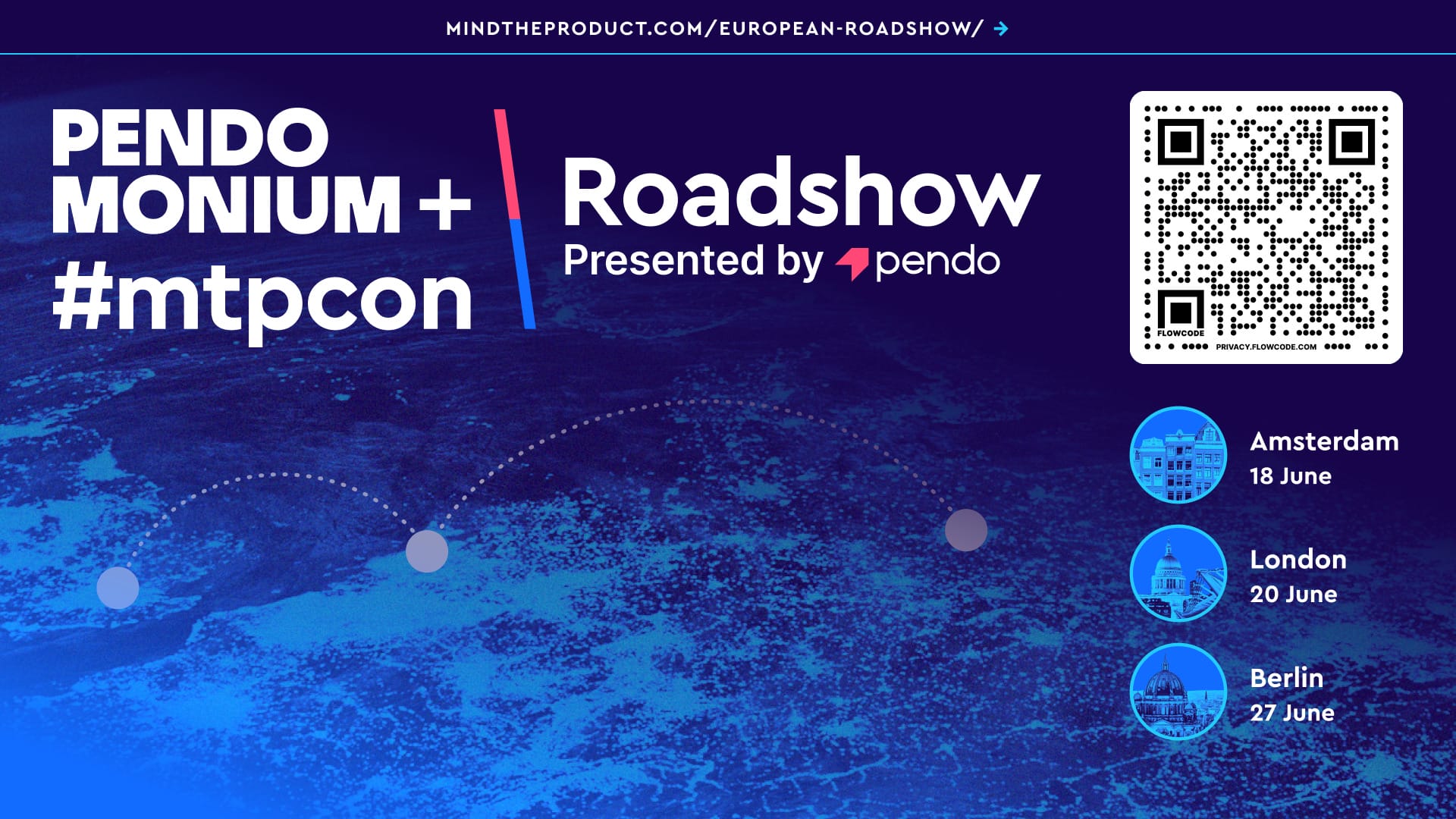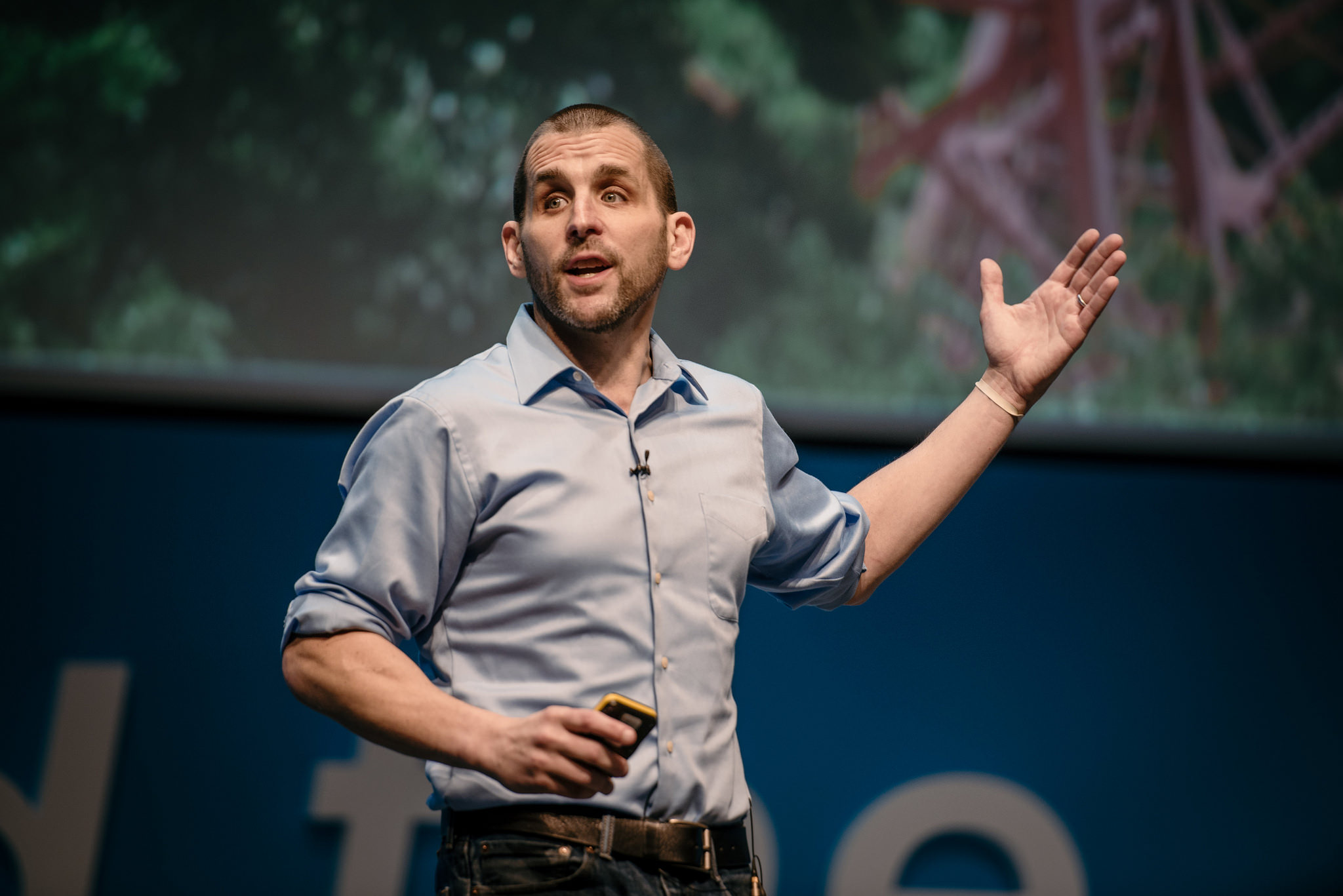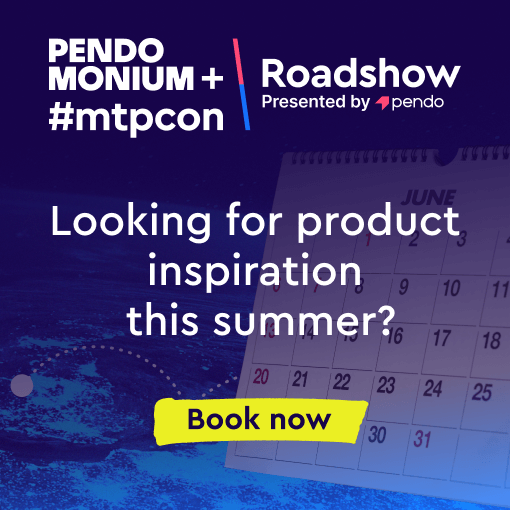In this hugely entertaining talk Dave Coplin argues that we spend too much time focused on products and technology, and not enough on the human beings who use them. As the Chief Envisioning Officer for Microsoft, he spends his time trying to figure out how we humans want to live, work and play in the future, so we can all be more mindful about the kind of technology we’re going to require.
Technology is supposed to be a force for good in our lives, to allow us to rise up and achieve more than we can on our own. But that’s not how we use technology today. Today technology is a prison that controls how we work and constrains how we think. We still work like it’s the 19th century – most of the processes by which our businesses run were designed then and all we do today is use technology to do them a little quicker. And we complain about the digital deluge, but really it’s the same overload of information we’ve had ever since the printing press was invented in the 15th century.
So how do we get back to seeing and using technology as a transformational force for good? Dave highlights some key trends he sees transforming our world, that are bringing about a copernican shift where we stop centering ourselves on technology, and technology starts being centered around us.
He rips through how ever more data is starting to allow us to predict the future, ambient computing is changing our interface with the world, and machine learning is fundamentally changing our capabilities.
He also outlines how we can embrace these trends and build transformational products by thinking outside the box, focusing our products around the user, and using context to personalise their experience.
Fundamentally this also requires a shift in how we work, allowing creative and transformational thinking, mindful interaction with our colleagues and customers, and a deeper understanding of what technology is capable of.
Computers are useless. They can only give you answers. I want something that can ask the right questions.
– Pablo Picasso
Watch the video for details and examples illustrating his point – you won’t be disappointed.







Comments 1